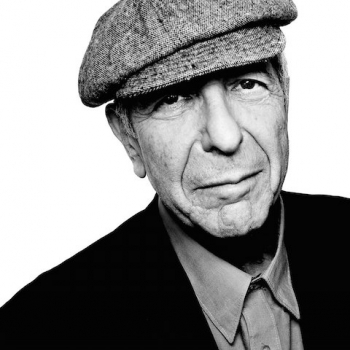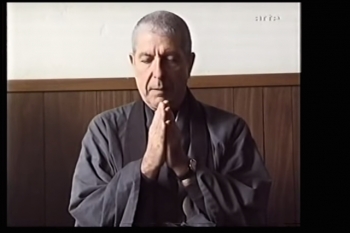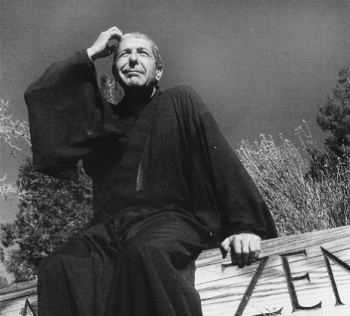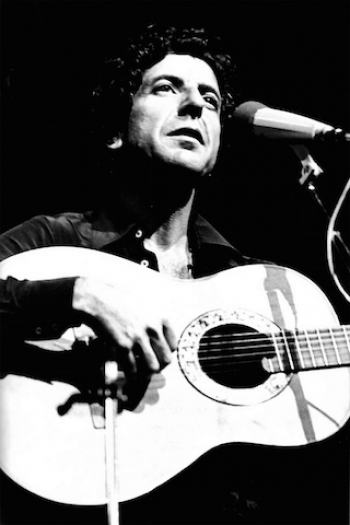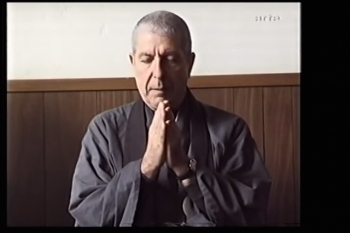“It goes like this
The fourth, the fifth
The minor fall, the major lift
The baffled king composing Hallelujah
Hallelujah, Hallelujah
Hallelujah, Hallelujah”
The familiar tune and lyrics of “Hallelujah” were created by Canadian singer-songwriter Leonard Norman Cohen. This is perhaps one of his most famous pieces, which has been produced by a wide variety of artists over the years, with over 300 known cover versions so far.
Born on 21 September 1934 in Montreal, Quebec, Cohen had shown an interest in writing and music from an early age. Soon after graduating from McGill University in 1955, he moved to New York City, where he focused on folk rock and pop. His popularity rose steadily during the 1960s, and he made his debut at the Newport Folk Festival in 1967. Up to that point, it had mainly been other artists who performed his songs, but he now began to gain ground as a performer in his own right. Today, Cohen’s creative output ranges from writing poetry and songs to making albums, writing soundtracks for musicals, live music tours, and more.
While Cohen is well known for his unusual yet captivating musical style, what is perhaps less known is the central role that spirituality has always played in his life. A vital part of that spirituality is his Jewish background: his great-grandfather was a rabbinical teacher, while his maternal grandfather was a rabbi. Journalist and writer Sylvie Simmons, who interviewed Cohen and is the author of his biography, I’m Your Man: The Life of Leonard Cohen (2013), is quoted by ABC as saying, “Basically he was born to be a rabbi, it was stamped right through him; instead he moved into the world of poetry and song. But he never turned his back on that. Bob Dylan is Jewish but reinvented himself as this little country boy who did folk music. Leonard Cohen very much kept that whole strain of Jewish music and also of following the various practices of Judaism, even while he moved into various other religions.”
What Simmons was referring to by “other religions” was Cohen’s involvement with Zen Buddhism. An article in The Independent quotes Cohen as saying: “I had a great sense of disorder in my life, of chaos and depression, of distress. And I had no idea where this came from. The prevailing psychoanalytic explanations of the time didn’t seem to address the things I felt. Then I bumped into someone who seemed to be at ease with himself and at ease with others.” That person was the Zen master Kyozan Joshu Sasaki Roshi (1907–2014), the founder of the Mount Baldy Zen Center in California.
Cohen developed a very close relationship with the Zen master, so much so that he became Roshi’s “cook, driver and late-night sake-drinking buddy” (The Independent). For much of the 1990s, Cohen was a regular visitor at Mount Baldy and for at least two years was an almost full-time denizen of the center, although details of this period of his life remain elusive. Simmons suggests that part of the reason behind his commitment to Zen Buddhism might have been to alleviate the battles he faced with depression. In her interview with ABC, she explains that Cohen “would be sitting there cross-legged for hours and hours, literally hours on end, three hours in the morning, then walking meditation, then back for teaching and sesshins [intensive zazen meditation] with the guru and then more meditation. . . . eventually you settle into that nothingness, that emptiness that he was looking for and it somehow managed to save him from this miserable depression and he’s a happy man these days.”
